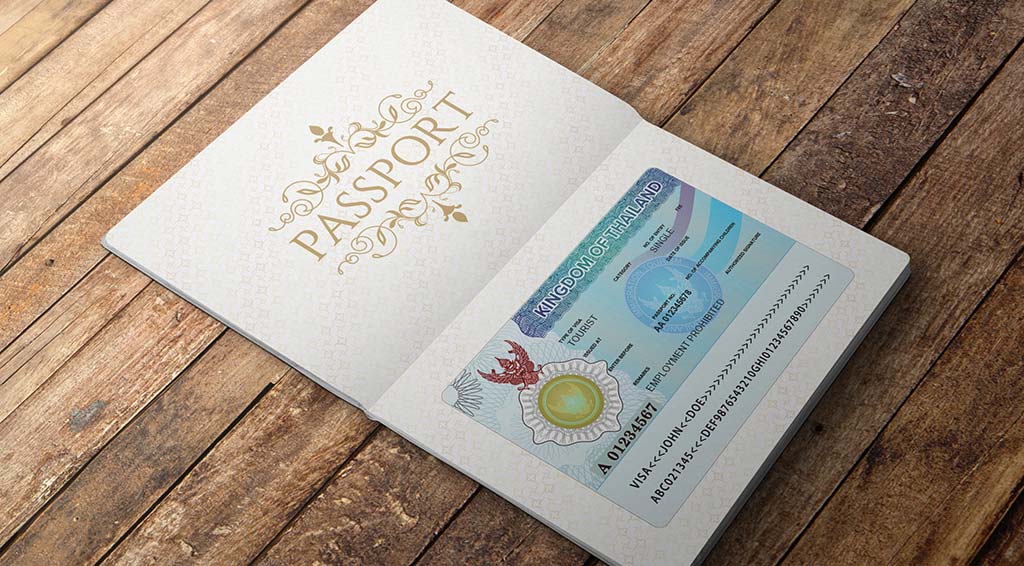Singapore has long been an attractive destination for foreign talent seeking a better quality of life, higher earning potential, and a stable and safe environment. One way for foreign individuals to secure their status in Singapore is by obtaining a Permanent Residence Permit (PR). However, recent policy changes have had a significant impact on the process and outcome of PR applications. In this article, we will discuss the impact of recent policy changes on Singapore Permanent Residence Permit applications and approvals.
Background on Singapore PR
Singapore PR has been a highly sought-after status for foreign individuals for many years, as it provides a range of benefits that are highly attractive to those seeking to live and work in the country on a long-term basis. In addition to being able to enjoy the same benefits as Singaporean citizens, PR holders also enjoy greater stability and security in their residency status, making it easier for them to plan their lives and futures in the country.
The process for obtaining a Singapore PR is fairly straightforward, but it can be highly competitive, with many applicants vying for a limited number of spots each year. 新加坡准证简介和申请条件 include having a strong employment history, a high level of education, and a record of contributing to Singapore’s economy in a meaningful way.
Recent policy changes
In recent years, Singapore has tightened its immigration policies in response to growing concerns about overcrowding and competition for jobs. In 2020, the government announced that it would reduce the number of new PRs granted annually, from an average of 30,000 to 25,000. Additionally, the government introduced stricter criteria for PR applications, particularly in the areas of education, employment, and income.
Impact on PR applications
The recent policy changes have had a significant impact on the outcome of PR applications. According to the Ministry of Home Affairs, the approval rate for PR applications dropped from 44% in 2017 to 37% in 2019. The government has also become more selective in its criteria for granting PRs. For example, PR applicants must demonstrate a higher level of education and income than in previous years. They must also have a stronger employment history and contribute to Singapore’s economy in a meaningful way.
Impact on businesses and industries
The tightening of PR policies has also had an impact on businesses and industries in Singapore. Many businesses rely on foreign talent to fill critical roles, particularly in areas such as finance, technology, and healthcare. The reduction in the number of new PRs granted annually and the stricter criteria for PR applications have made it more challenging for businesses to attract and retain foreign talent.
The recent policy changes regarding 新加坡永久居留证 (PR) have had a significant impact on the process and outcome of PR applications. The government’s efforts to tighten its immigration policies have resulted in a reduction in the number of new PRs granted annually, and a drop in the approval rate for PR applications. This has had a ripple effect on businesses and industries in Singapore, which rely on foreign talent to fill critical roles. As Singapore continues to navigate its immigration policies, it remains to be seen how these changes will impact the country’s economy and its attractiveness to foreign talent.
Related posts
Categories
Advertisement


